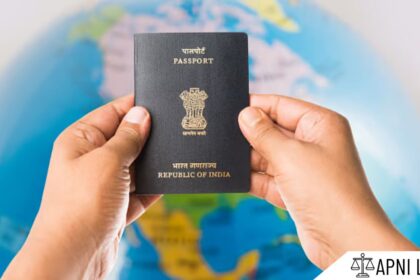Code
(1) Nothing in section 466 or section 467 shall be held to excuse any person from
any part of the punishment to which he is liable upon his former or subsequent conviction.
(2) When an award of imprisonment in default of payment of a fine is annexed to a
substantive sentence of imprisonment and the person undergoing the sentence is after its
execution to undergo a further substantive sentence or further substantive sentences of
imprisonment, effect shall not be given to the award of imprisonment in default of payment
of the fine until the person has undergone the further sentence or sentences
Explanation of Section 469 BNSS
Purpose of the Saving Clause
Section 469 of the Bharatiya Nagarik Suraksha Sanhita (BNSS), 2023, acts as a saving provision, meaning it ensures that:
- Existing Special or Local Laws – If there are other laws in force that provide special rules, they will remain unaffected.
- Special Jurisdictions or Powers – Courts or authorities with special legal powers will continue to operate as per their respective laws.
- Special Procedures – If any other law prescribes a different legal procedure, that procedure will still apply, even if BNSS has different rules.
Illustrations
Example 1: Special Laws Continue to Apply
The Prevention of Money Laundering Act (PMLA) has a separate legal procedure. Even though BNSS governs criminal law, PMLA’s special procedures will remain applicable.
Example 2: Special Courts Maintain Their Powers
Certain laws, like the National Investigation Agency Act (NIA Act), provide for special courts. These courts retain their powers even though BNSS governs general criminal proceedings.
Example 3: Different Procedures Under Other Laws
Some laws, such as the Negotiable Instruments Act, 1881, have special provisions for cheque bounce cases. Those special procedures remain unchanged despite BNSS regulations.
Common Questions & Answers on Section 469 BNSS
1. Does BNSS override all other criminal laws?
No. Section 469 BNSS ensures that special and local laws remain unaffected and operate independently where applicable.
2. What happens if BNSS contradicts another law?
If BNSS conflicts with a special or local law, the special law will take precedence unless BNSS explicitly overrides it.
3. Can courts use BNSS alongside other laws?
Yes. Courts may apply BNSS provisions unless another law specifically prescribes a different procedure.
4. Does this section protect state laws?
Yes. State laws that have special procedures will continue to operate without being overridden by BNSS.
5. Why is a saving clause necessary?
A saving clause prevents legal confusion by ensuring existing laws, courts, and procedures remain valid unless expressly repealed.
Conclusion
Section 469 BNSS ensures that special and local laws, special court jurisdictions, and unique legal procedures remain in force, preventing conflicts and maintaining legal clarity. This provision protects the integrity of specific laws that serve unique purposes.
For more legal insights, visit ApniLaw! ⚖️













